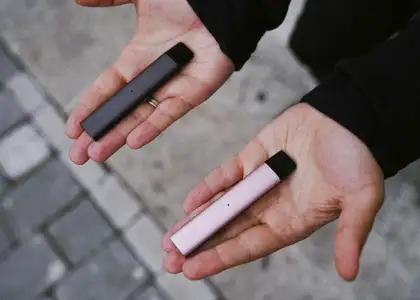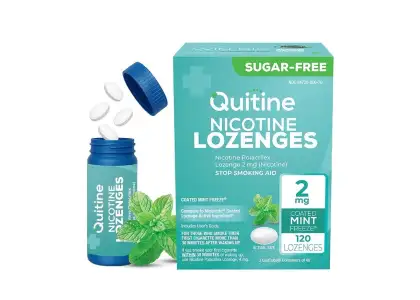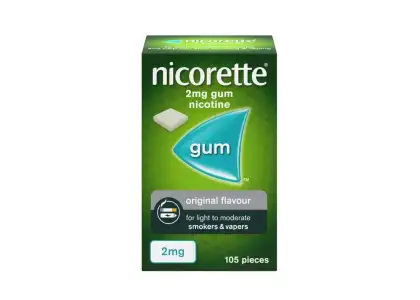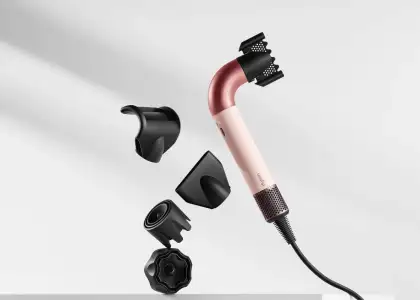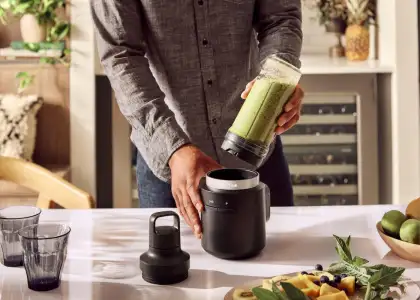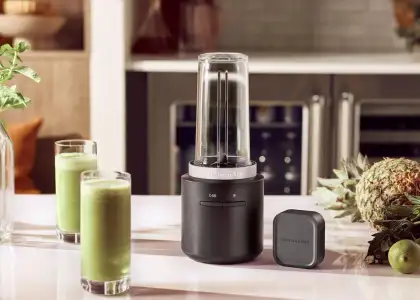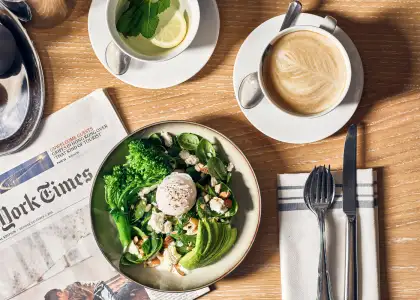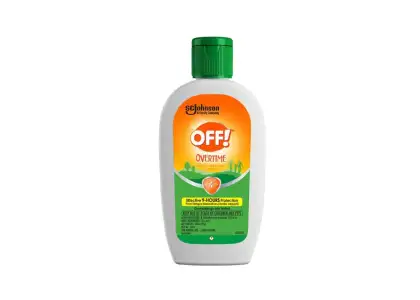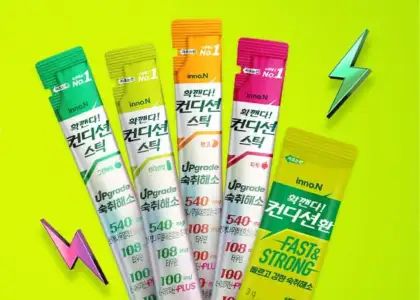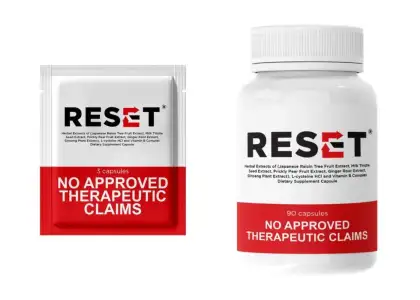Explainer: Everything You Need to Know About Coffee

Whether you’re clutching a travel mug on your way to work or dashing out after a blood pumping HIIT class, it’s hard to imagine a day without it. The sweet bitterness perks you up and the caffeine gives you a boost of energy, yet there’s something so incredibly soothing about sipping on a steaming cup of joe.
The beloved beverage is a morning routine staple for many of the population, and with good reason. The case for coffee is stronger than ever, boasting antioxidants and acids that can be beneficial to your health. To find out more about this worldly drink, skim through The Beat Asia’s short explainer for everything you need to know about coffee.
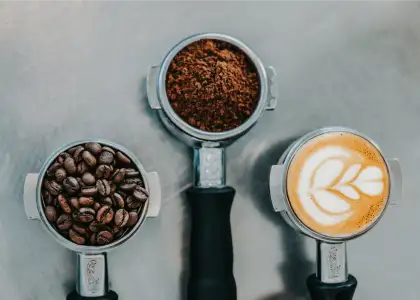
What does coffee taste like?
Hosted on our Delish Guestlist podcast, we spoke to Ivy Liu, a CQI Arabica Grader about the wonders of coffee – from growing the coffee plant to brewing the final brew. You don’t need to be a certified coffee grader to know that not all coffee tastes the same, but how is it that one cup of coffee tastes so different from another?
You might already be familiar with Arabica and Robusta varieties in coffee, as these two species dominate the coffee drinking world. There are some distinctions between the two species, with some claiming that Arabica is floral and smooth, while Robusta beans have a more bitter, smoky flavour.
But this isn’t necessarily always the case. Coffee is unique in that each stage of its’ production cycle can affect the final flavour – from the pressure applied to the grounds, to how the beans are removed from the cherry. There are over 800 aromatic compounds that can affect the brew as it coats your tongue. Yup, you heard right, that’s approximately four times what you could find in a glass of wine!

For someone with a sensitive palate like Ivy, she is quick to pick up on the different notes each brew takes on.
“If I’m going to order a very high grade one Tanzania, it’s going to taste like the citrus notes, full of tropical flavours. When you drink it, you’ll get pineapple, you might get mango, you might [even] get floral.”
For your average coffee drinker, these notes might not flush your tastebuds as easily. The science says that the flavours are definitely there though, and can range from the average chocolate hazelnut melt to niche – perhaps off-putting notes - like rubber.

What do the experts say about drinking coffee?
Apart from the obvious “it gets me ready for the day” lauded by many of us coffee addicts, coffee has also been linked to a myriad of other benefits.
Scientists have published studies that suggest coffee could be linked to a lower risk of type 2 diabetes when consumed regularly over the long term. It’s thought that the drink assists in producing insulin to regulate blood sugar levels, and its’ antioxidants may affect insulin sensitivity and inflammation.
Among other claims, studies have found potential associations with maintaining brain health – finding that it may lower the risk of developing Parkinson’s disease, Alzheimer’s disease, and dementia. A Pub Med study also found that the beverage is linked with a lower risk of depression, and another found that it could protect against liver conditions and support heart health.

How much caffeine is in a cup of coffee?
You can expect anywhere between 70mg to over 500mg of caffeine per cup of coffee. This can change based on a few factors, namely: the type of coffee bean, roasting, how its’ prepared, and the serving size.
Different types of coffee beans can naturally contain varying amounts of caffeine, and lighter roasts contain more caffeine than darker roasts. Caffeine content can also vary significantly between regular coffee, espresso, instant coffee, and decaf.

Here are some rough numbers to give you an idea of how much caffeine is in each brew:
Brewed Coffee: One cup contains around 70-140mg of caffeine, about 95mg on average.
Espresso (and Espresso based drinks): One shot of espresso contains around 63mg of caffeine, and a double shot contains around 125mg of caffeine. Drinks made from espresso shots such as lattes, cappuccinos, macchiatos, and Americanos contain around the same amount of caffeine.
Instant Coffee: Instant coffee is essentially freeze-dried brewed coffee, containing less caffeine than coffee – around 30-90mg of caffeine.
Decaf Coffee: There are still trace amounts of caffeine in decaf, ranging anywhere between 0-7mg caffeine per serving.

As the chemical compound adenosine is produced in the brain, it binds to adenosine receptors. This binding causes that oh-so-sleepy feeling, slowing down nerve cell activity and inviting the urge to crawl into bed.

When ingested, caffeine mimics the presence of adenosine, without the properties of slowing down the cell’s activity. When caffeine binds to the receptor, the cell has no room to bind with the real adenosine compound. Therefore, instead of slowing down, the nerve cells speed up – causing increased neuron firing. This results in adrenaline production, leading to your pupils dilating, open airways, faster heartrate, and tighter muscles – ready for action.
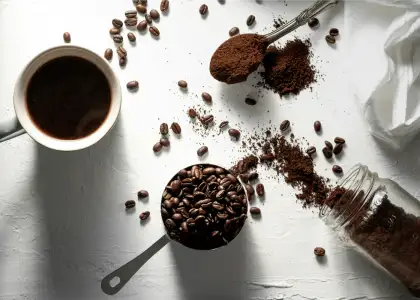
The right amount of coffee can be good for you (‘right amount’ is key here).
Everybody is different, with some people having extreme caffeine sensitivity which causes them to react poorly to coffee and other caffeinated foods. Some risks for consuming too much coffee include heart disease, insomnia, nervousness, anxiety, an upset stomach– among others, so it’s important to stay in-tune with what your body is telling you.
On average, limiting total caffeine consumption per day to 400mg should be enough to reap all its benefits, while keeping the risks at bay. Moderation is key! Keep an eye out for how your body responds and make the necessary adjustments to make coffee one of your strongest allies.
Get the latest curated content with The Beat Asia's newsletters. Sign up now for a weekly dose of the best stories, events, and deals delivered straight to your inbox. Don't miss out! Click here to subscribe.






















